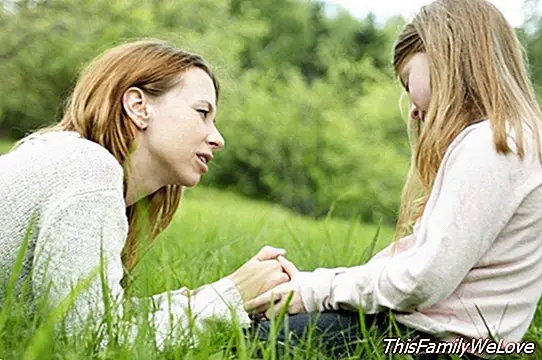The success of constructive criticism in education, why does it work well?

The constructive criticism is one of the main values of what is now known as educational innovation. Their results at an emotional level in the education of children are extraordinarily positive because it is motivating and helps to improve.
We are very used to seeing criticism as something negative, we do not like anyone or make us feel good. In the same way that when we see something we do not like we tend to criticize it. However, they are empty critiques, which do not help to change, improve or grow, but the only thing they do is destroy our self-esteem.
Critics are very installed in our relationships, if we stop to think, sure that so far this day we have made or received some criticism from someone, either because the situation has not been as expected or the person is not He has behaved as he should, always in our point of view.
If we focus on children, who are in a process of learning and growth, they usually comment more than one error, and our role as parents is to help them to realize, to rectify, to grow, fostering learning ... we must put into practice the value of constructive criticism.
This is how constructive criticism in children's education helps
This type of constructive criticism help to generate positive changes in the child's behavior helping them to improve. When we make a constructive criticism we show respect for the other person, our intention is to help, to realize that something we do not like and for that we rely on arguments that justify what we say, that help to see the situation from another point of view. view and encourage their collaboration.
If when our son makes a mistake we criticize him without further ado, we are putting the importance in what he has done wrong, "you are a donkey, you have made a mistake" we labeled the child and this label goes inside him, undermining his self-esteem and closing the possibility of change and improvement, besides that it can awaken feelings of hatred or resentment.
On the contrary, the constructive criticism helps them change, it motivates them to try again, to improve, to increase their self-efficacy, their self-esteem and to make better decisions in the future.
How to make constructive criticism?
To carry out a criticism in a positive way, that is to say, constructive and to generate situations of change that help to improve instead of disqualifying, we must take into account several things:
1. Define the behavior. We must focus on their behavior, on what we want to change and not on the personality of the child, who does not see it as an attack, it is better to say "you annoy me when you scream" than "you are a scream".
2. Do not make signs. When we put a label on the child, we are limiting it, closing possibilities of change, and unconsciously it internalizes it, ends up believing it and behaving according to it. If we say to our son "you are a disaster" he will end up believing it and behaving as such.
3. Emphasize the positive. It is better to focus on what you have achieved, enhancing the effort and motivation, instead of what is missing, it is better to say "you have done 3 exercises well you only have to correct those two" to "you have two bad exercises "
4. Take care of the forms. At the time of addressing our child we must do so with a calm tone, without using hurtful or absolute words such as "always", "everything", "nothing" * otherwise the message will not reach you, it will only be with the forms and we will not have achieved our goal.
Rocío Navarro Psychologist Director of Psicolari, integral psychology




